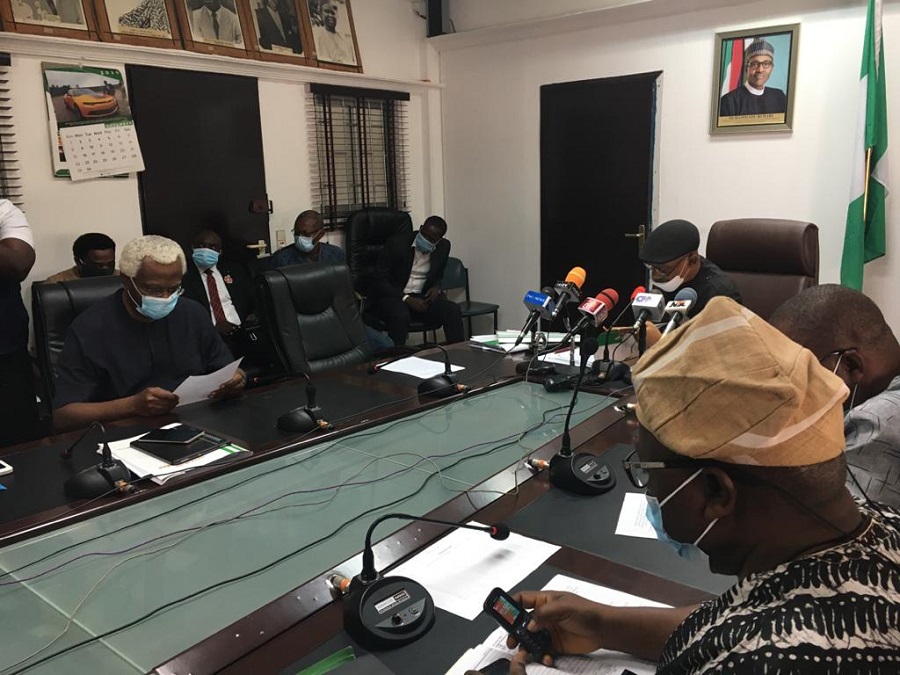Nigeria needs to spend about $3 trillion over the space of 30 years in order to bridge the country’s infrastructural gap. This is according to a recent report released by Moody’s Investors Services, a leading global risk assessment firm.
According to the report titled; Significant financing from private sector and multilateral needed to address Nigeria’s infrastructure deficit, Nigeria is behind other emerging market peers and will require significant investments to bridge its infrastructural gap.
Also, the report outlined that Nigeria faces many budgetary and financing challenges, some of which include, weak institutions and governance frameworks along with a low tax base, which is hindering infrastructural investments.
What you should know
- Nairametrics had earlier reported the approval by the Federal Government of Nigeria to establish infrastructure companies to address this gap. This indicates that the present government is not oblivious of this fact and is making efforts to address the challenges.
- However, a sum of N4.37 trillion was allocated for capital expenditure in the 2021 appropriation bill, which accounts for 32.2% of the total proposed budget leaving the bulk of the budget to recurrent expenditure.
- The Moody’s report noted that the focus of infrastructure development has been within power, railways, roads, ports, and pipelines, and this trend is expected to continue with the particular investment needed to address Nigeria’s electricity shortages.
- To this effect, Nigeria’s power sector is expected to benefit from renewable energy like solar and wind, with financing also possible from green bonds.
Meanwhile, according to data from the National Bureau of Statistics (NBS), Nigeria received foreign direct investments worth $414.8 million in Q3 2020, representing a 179.2% increase compared to $148.59 million recorded in Q2 2020.
What they are saying
Commenting on the causes and nature of the infrastructural gap in the country, the Vice-President, Senior Analyst at Moody’s Investor Service, Kunal Govinda said,
“Nigeria currently has a significant infrastructure deficit and faces additional pressures from a rapidly growing population. Its low government funding capacity and customer affordability have been weakened further by the coronavirus pandemic and low oil prices.”
Why this matters:
No country develops without solid infrastructures, which will be needed to transit to the frontiers phase. In lieu of this, the importance of well-developed infrastructural facilities to national development cannot be overemphasized.
- Given the huge financial outlay required to address the lacuna in infrastructural development in the country, it is pertinent to note that the government alone cannot fix this gap. There is a need for a public-private partnership.
- Hence, Nigeria requires significant infrastructural investment to navigate the economy to the levels of other emerging market peers.















